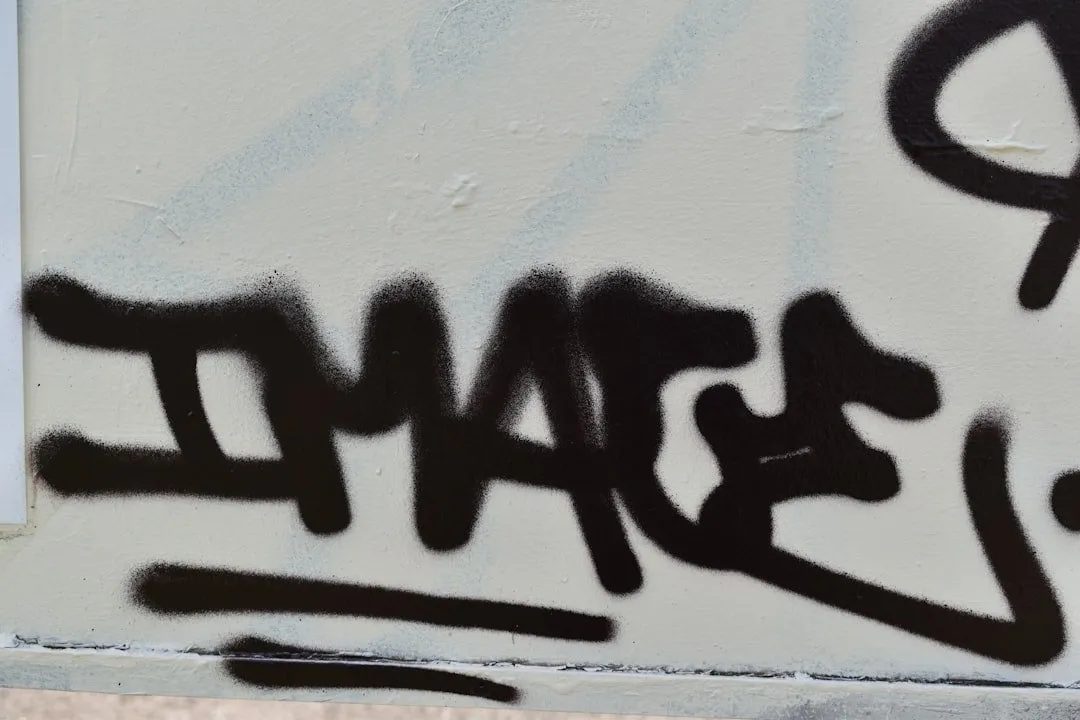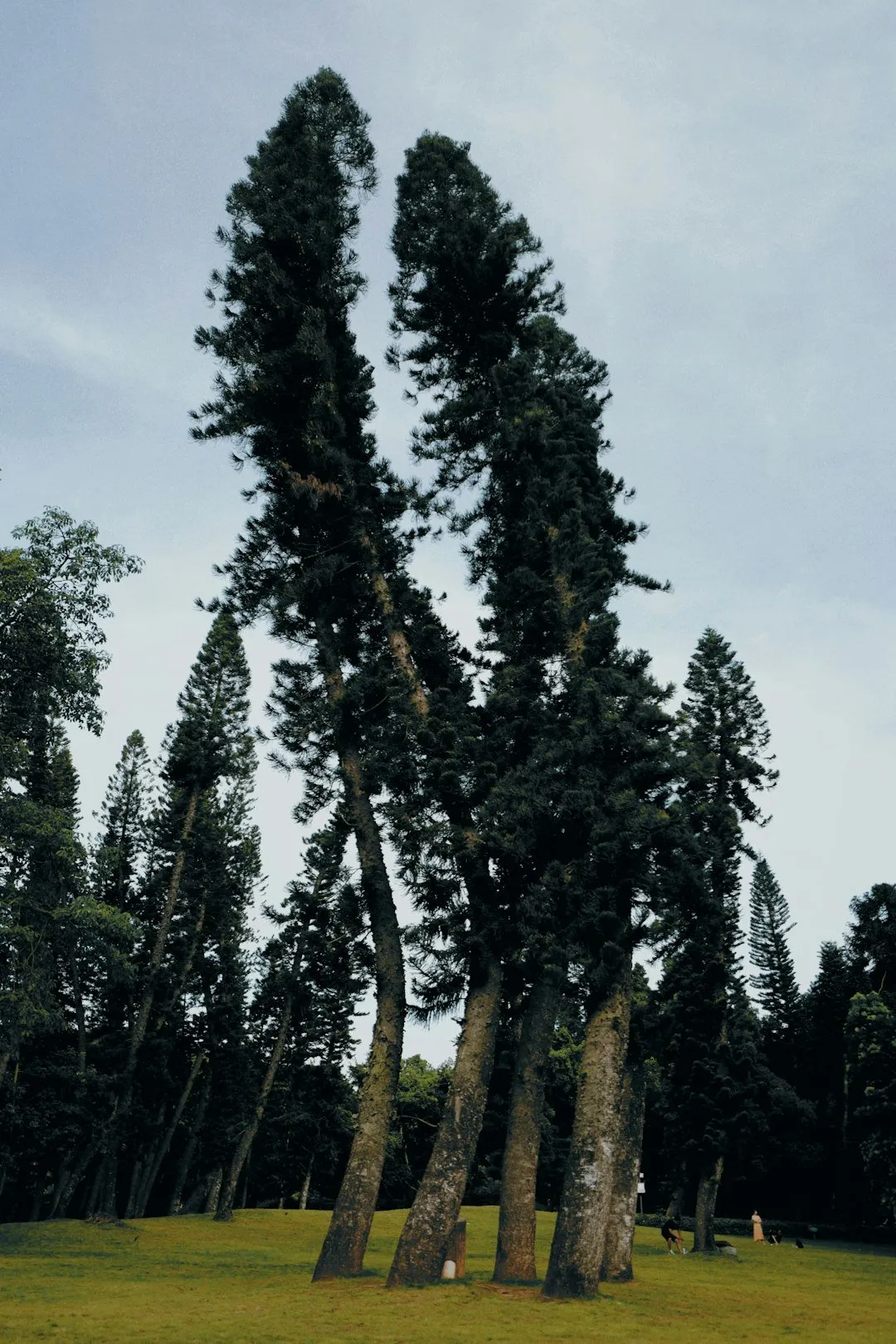In Vietnam, kratom's legal status is a complex, evolving issue with regional variations. While popular for therapeutic benefits, its sale and possession are subject to lax nationwide laws but strict local controls. Understanding kratom legality by country – including Vietnam's stringent penalties – is vital for users and suppliers to avoid legal pitfalls. Local regulations differ widely, reflecting the delicate balance between traditional use and global concerns.
Vietnam Kratom Leaves: Unraveling the Legal Landscape
Kratom, a natural herb with diverse uses, faces varying legalities across countries. In Vietnam, the situation is particularly intriguing due to its unique regulatory framework. This article provides an in-depth look at the kratom legality in Vietnam, breaking down regional differences and navigating the laws governing Kratom leaves.
We explore how different areas within Vietnam interpret and enforce regulations, ensuring you stay informed about the current legal status of this controversial herb in one of Southeast Asia’s most vibrant countries.
- Kratom Legality in Vietnam: An Overview
- Understanding the Legal Status of Kratom Leaves Across Different Regions
- Navigating Vietnam's Kratom Laws and Regulations
Kratom Legality in Vietnam: An Overview

In Vietnam, the legal status of kratom leaves is a topic that has been evolving over the years. While kratom has gained popularity for its potential therapeutic effects, its legality varies across different regions within the country. As of recent updates, kratom remains largely unregulated, which means its possession and distribution are not explicitly banned nationwide. However, this does not imply open accessibility; local laws and regulations can differ significantly from one province to another.
Understanding the kratom legality by country approach is crucial for anyone considering Vietnam as a source for kratom leaves. While some areas might allow limited sales and possession for personal use, other regions have stricter measures in place. It’s essential for users and suppliers alike to stay informed about local regulations to ensure compliance and avoid any legal complexities associated with kratom distribution and consumption in Vietnam.
Understanding the Legal Status of Kratom Leaves Across Different Regions

The legal status of Kratom leaves varies significantly across different regions, creating a complex landscape for those interested in its purchase and consumption. While some countries have embraced it as a natural remedy with minimal restrictions, others have strictly regulated or even banned the substance due to concerns over health risks and potential addiction. Understanding kratom legality by country is paramount before engaging in any transaction or use.
In Southeast Asia, the source region of Kratom, laws differ from one nation to the next. Thailand, for example, has recently lifted its ban on Kratom, allowing for legal sale and possession in small amounts. In contrast, Indonesia has strict regulations, with some islands completely prohibiting the cultivation and trade of Kratom leaves. Other countries like Malaysia have implemented heavy restrictions, making it challenging to acquire Kratom legally. Globally, many western nations have adopted a more lenient approach, treating kratom as a dietary supplement, but they also have varying rules regarding dosage and sale.
Navigating Vietnam's Kratom Laws and Regulations

Navigating Vietnam’s Kratom Laws and Regulations is a complex task, as the country has strict controls on this natural substance. While kratom has been traditionally used in Vietnam for its medicinal properties, especially in rural areas, its increasing popularity globally has sparked regulatory concerns. As of recent years, Vietnam has implemented laws that largely restrict the production, sale, and distribution of kratom leaves, primarily due to health and safety considerations.
The kratom legality by country varies significantly, with each nation having its own set of rules and regulations. In Vietnam, kratom is classified as a controlled substance, with strict penalties for those found guilty of trafficking or possessing it without proper authorization. Despite this, some local communities still practice traditional uses, and there’s a growing demand for a more balanced approach that acknowledges both the potential risks and benefits of kratom.
Vietnam’s approach to kratom leaves’ legality is complex, with varying regulations across different regions. While it remains largely banned nationwide, certain areas have shown leniency in their enforcement, providing a glimpse into potential future changes. Understanding the current landscape of kratom laws in Vietnam is crucial for anyone considering travel or trade within the country. Keeping abreast of these Kratom legality by country updates will ensure compliance and promote responsible interactions with local communities and authorities.














